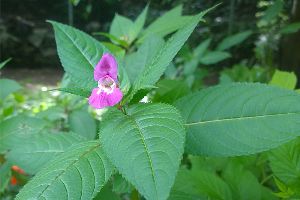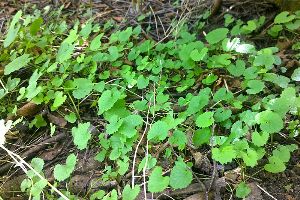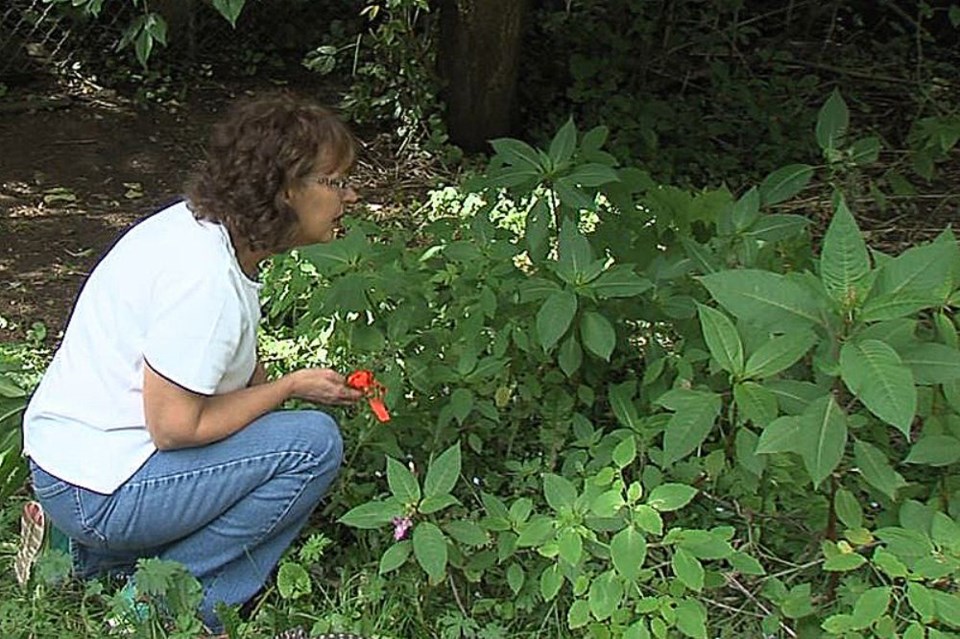THUNDER BAY -- The city is looking for citizens to get engaged on a new invasive species council that will detect and uproot invasive plants.
Volunteers with the Early Detection and Rapid Response Team will remove invasive species from public and private property, stopping them from seeding, pulling up roots for regrowth and coordinating communication over what may qualify as restricted pesticie use.
City forester Shelley Vescio was campaigning on Friday for awareness of garlic mustard, Japanese knotweed and himalayan balsam. She said the first meeting for the response team will occur on Sept. 29.
"If people have it on their property, I really encourage them to investigate it, to find out about it because no one's going to help us on this," she said.
"Basically, we're all on our own to find it and eliminate it as much as possible. There are no groups at this point in time that will come in and rescue us."
Himalayan balsam is still sold at garden centres but Vescio said, "it's not illegal to sell them yet." She said seeds from the bamboo-like plants are becoming stuck to shoe soles and are appearing on the edges of trails. When the seeds pop, she said they can fly for metres and the spread is becoming a concern.
Japanese knotweed can be more difficult to dispose of because of extensive root systems that can burrow two to three metres underground.
"Invasive species are a problem because they disrupt the natural ecosystem," Vescio explained.
"When you think about it, our native plants have evolved over thousands of years so they've developed associations with insects and animals and other plants. When an invading species comes in and takes over that, that means your natural habitat is eliminated so insects and animals who live in that will not live there because tehir native plants are gone."

